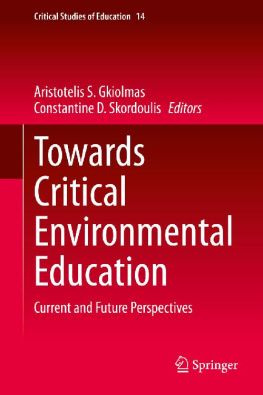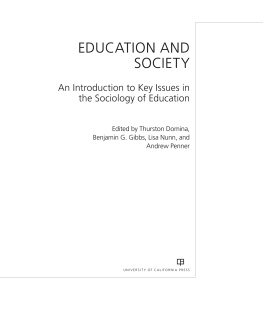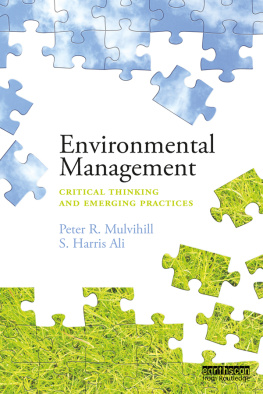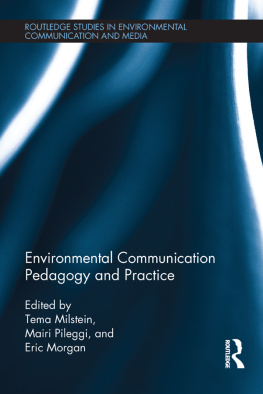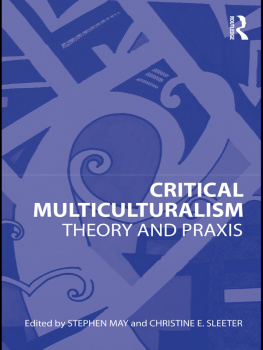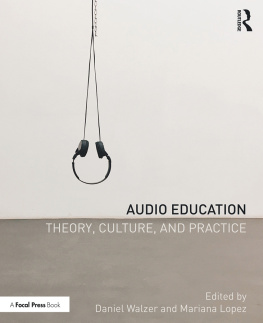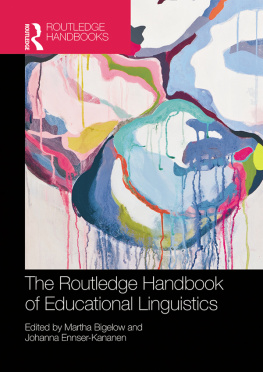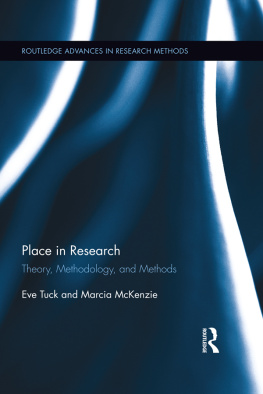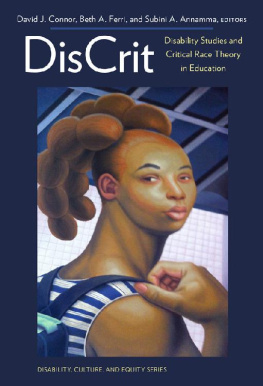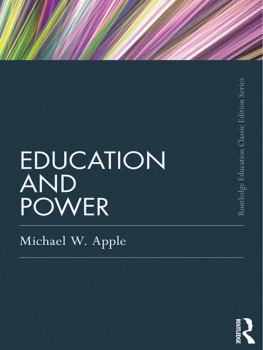Volume 14
Critical Studies of Education
Series Editor
Shirley R. Steinberg
University of Calgary, Calgary, AB, Canada
Editorial Board
Rochelle Brock
University of North Carolina, Greensboro, USA
Annette Coburn
University of the West of Scotland, Hamilton, UK
Barry Down
Murdoch University, Rockingham, Australia
Henry A. Giroux
McMaster University, Hamilton, ON, Canada
Bronwen Low
McGill University, Montreal, QC, Canada
Tanya Merriman
University of Southern California, California, USA
Marta Soler
University of Barcelona, Barcelona, Spain
John Willinsky
Stanford University, Stanford, CA, USA
We live in an era where forms of education designed to win the consent of students, teachers, and the public to the inevitability of a neo-liberal, market-driven process of globalization are being developed around the world. In these hegemonic modes of pedagogy questions about issues of race, class, gender, sexuality, colonialism, religion, and other social dynamics are simply not asked. Indeed, questions about the social spaces where pedagogy takes placein schools, media, corporate think tanks, etc.are not raised. When these concerns are connected with queries such as the following, we begin to move into a serious study of pedagogy: What knowledge is of the most worth? Whose knowledge should be taught? What role does power play in the educational process? How are new media re-shaping as well as perpetuating what happens in education? How is knowledge produced in a corporatized politics of knowledge? What socio-political role do schools play in the twenty-first century? What is an educated person? What is intelligence? How important are socio-cultural contextual factors in shaping what goes on in education? Can schools be more than a tool of the new American (and its Western allies) twenty-first century empire? How do we educate well-informed, creative teachers? What roles should schools play in a democratic society? What roles should media play in a democratic society? Is education in a democratic society different than in a totalitarian society? What is a democratic society? How is globalization affecting education? How does our view of mind shape the way we think of education? How does affect and emotion shape the educational process? What are the forces that shape educational purpose in different societies? These, of course, are just a few examples of the questions that need to be asked in relation to our exploration of educational purpose. This series of books can help establish a renewed interest in such questions and their centrality in the larger study of education and the preparation of teachers and other educational professionals.
More information about this series at http://www.springer.com/series/13431
Editors
Aristotelis S. Gkiolmas
Department of Primary Education, University of Athens, Athens, Greece
Constantine D. Skordoulis
School of Education, National and Kapodistrian University of Athens, Athens, Greece
Critical Studies of Education
ISBN 978-3-030-50608-7 e-ISBN 978-3-030-50609-4
https://doi.org/10.1007/978-3-030-50609-4
Springer Nature Switzerland AG 2020
This work is subject to copyright. All rights are reserved by the Publisher, whether the whole or part of the material is concerned, specifically the rights of translation, reprinting, reuse of illustrations, recitation, broadcasting, reproduction on microfilms or in any other physical way, and transmission or information storage and retrieval, electronic adaptation, computer software, or by similar or dissimilar methodology now known or hereafter developed.
The use of general descriptive names, registered names, trademarks, service marks, etc. in this publication does not imply, even in the absence of a specific statement, that such names are exempt from the relevant protective laws and regulations and therefore free for general use.
The publisher, the authors and the editors are safe to assume that the advice and information in this book are believed to be true and accurate at the date of publication. Neither the publisher nor the authors or the editors give a warranty, expressed or implied, with respect to the material contained herein or for any errors or omissions that may have been made. The publisher remains neutral with regard to jurisdictional claims in published maps and institutional affiliations.
This Springer imprint is published by the registered company Springer Nature Switzerland AG
The registered company address is: Gewerbestrasse 11, 6330 Cham, Switzerland
Series Preface
Will We Be Still Here to Share the Land?
During a May Day trip into the Canadian Rockies, my daughter Meghann texted me that she was on the lookout for wild animals. Living near the mountains, we often see critters make their way from the hills, mountain goats, white tail deer, and on occasion a mooseindeed, deer are murderous predators in Albertathe smashers and grabbers of gardens, the trouncers of landscape. Her search did not seem significant to me until she noted that the park rangers reported a sighting of a white bear. The woman who spotted the bear remarked, For us, it was a once-in-a-lifetime opportunity. Which is probably the only reason we decided to slow down and take a little bit of video of itWe took the opportunity to sort of educate him [her son] on, you know, bears and hibernation and berries and them keeping safe it was great to talk about our environment and where we live and how we relate to them. And what better way to explain to him what it means to live with wildlife than to be able to see it, the mom was talking about environmental education and the unique opportunity to share the white bear (Gibson, 2020). While a sweet and encouraging story, the underlying theme is that we do not have acceptable environmental education and we do not have the words, the background, the examples, nor the scholastic resources to create an environmentally savvy populace.
The uniqueness of this nature scene unravels into the everyday and expands onto a global mural when we contextualize why the family was able to see wildlife in the wild. May 1, 2020, was somewhere close to day 61 of the coronavirus pandemic, and the urban wild was in its infancy (The Guardian, 2020). The Guardians lead article covered mountain goats marching single file in Llandudno, Wales; joggers carefully avoiding possibly rabid coyotes during the day in Hayarkon Park in Tel Aviv, Israel; others passing jackals howling on the same trail that evening; a sea lion wailing in front of a closed store in Mar del Plata Harbor in Buenos Aires; and packs of sleek, gray langurs dancing in the middle of a highway in Ahmedabad, Indiacoincidence? Not at all
In our little local world, we have been searching the neighborhood for our enormous jack rabbits. These are not Easter bunnies; these are dog-sized beastschameleons who by winter are pure white and by spring molt into brown. In normal life, I walk outdoors and am greeted by seven or eight of these feral lagomorphs, remembering the 1970s sci-fi film,

